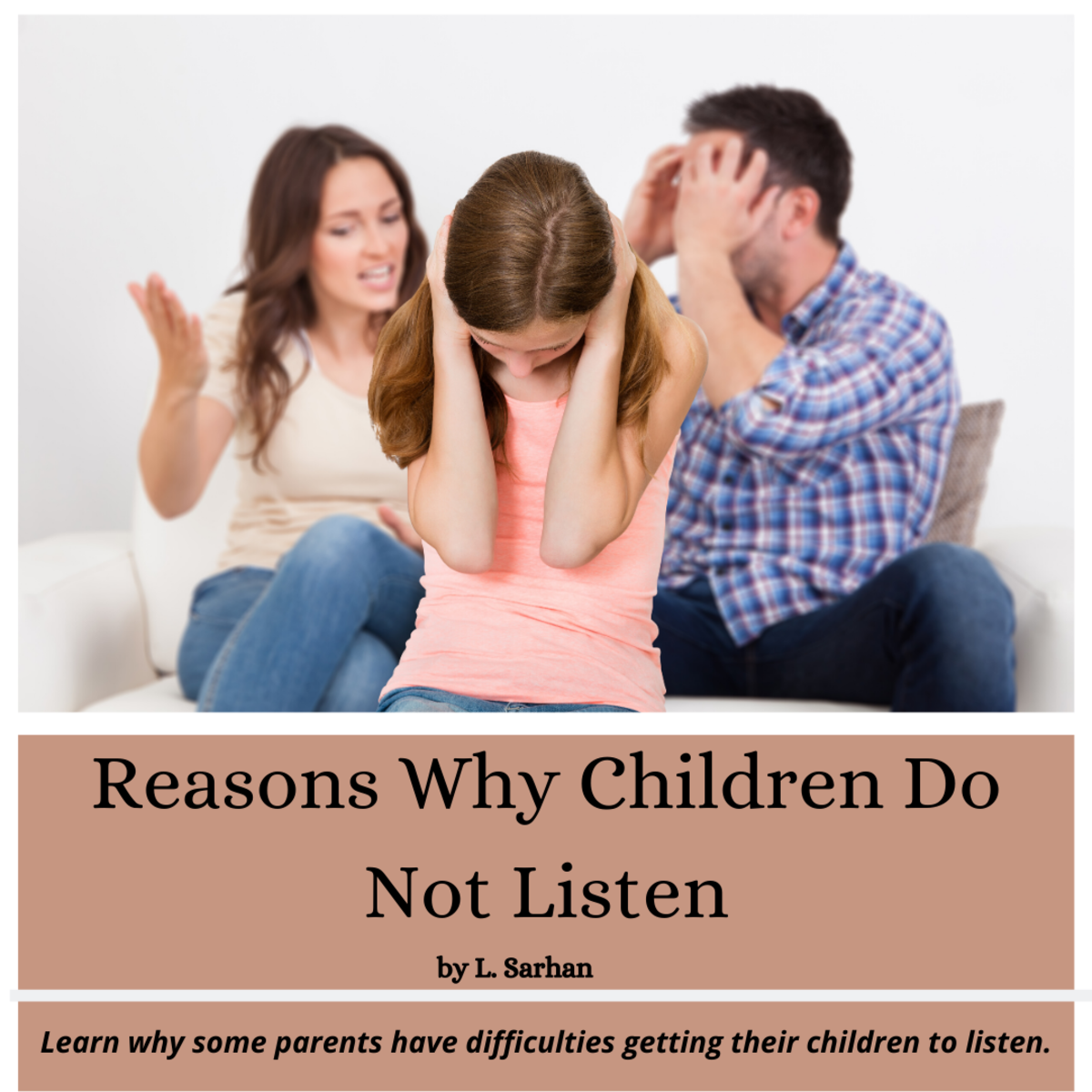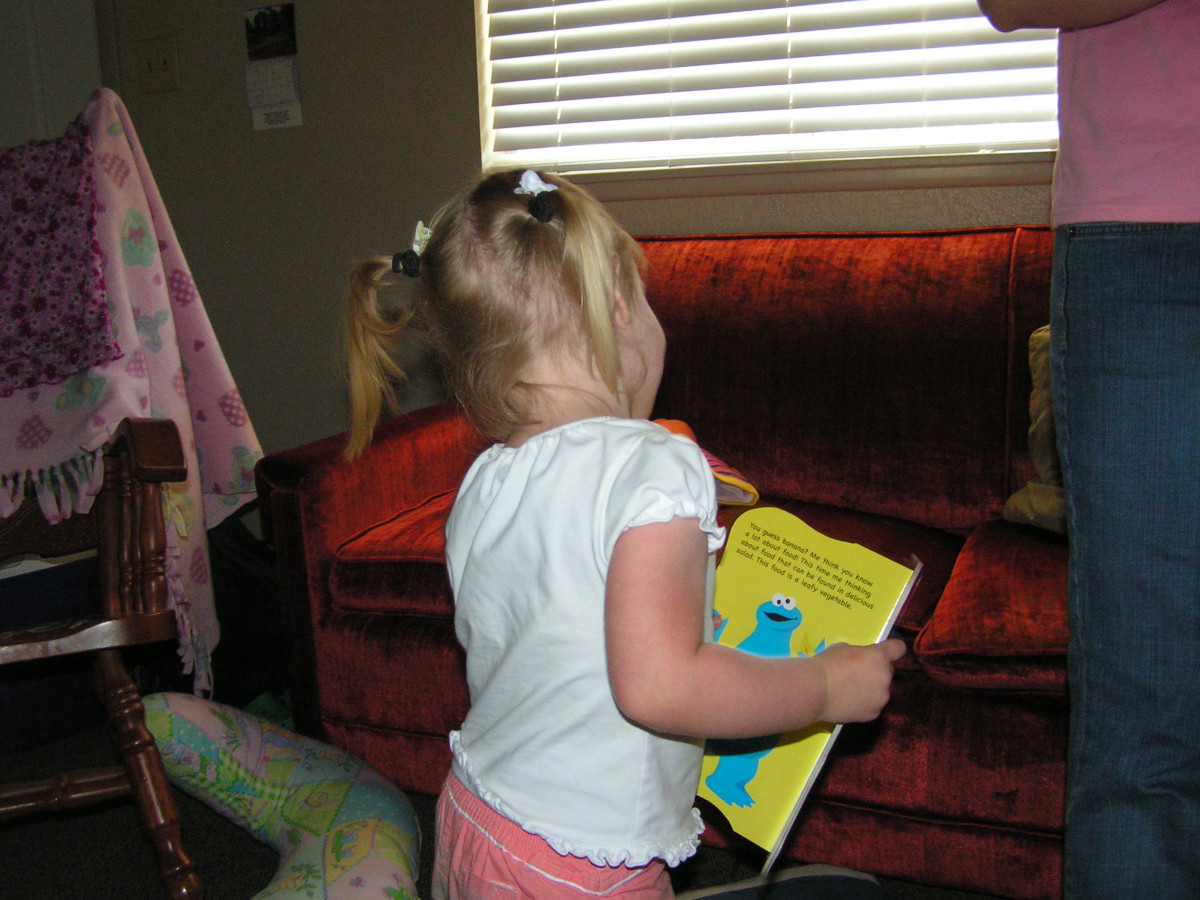Are You Listening to Your Child?

Children seem to be suffering so much these days. Thousands of children around the world commit suicide, or attempt suicide, every year. The question that remains for so many parents is why?
It is a sobering thought to know that pre-school aged children are increasingly being placed on antidepressants. Again, the question remains why? And even more so, what are we doing about it?
Actions Speak Louder Than Words
Our children are crying out for help. But are we listening? Do we want to hear their cries? How much time do you spend with your child on a daily basis? How active are you in their life? Do you let them know every single day that you love and care about them?
One of the biggest ways to show our care and love is through our actions. Telling them that we love them simply isn’t enough. We have to show them through our actions that we love them beyond measure, no matter what.
Let Them Talk When They’re Ready
Do you try to force your child to talk about their issues? Sometimes forcing your child to talk to you only creates the opposite reaction, causing them to not want to talk to you at all. Instead, sometimes it might be better to allow them to talk when they’re ready.
I’m not advising that you just step back and ignore the fact that something is going on with your child. Address the issue and ask them if they’d like to talk about it. If they refuse, let them know that you are there for them and will be ready to listen to them when they are ready to talk with you about what’s bothering them.
Be Available—Anytime
More than anything, you child needs to know and feel that you are always there for them. Whether it’s three in the afternoon, or one in the morning, they should feel like they can go to you with anything at any time. More than anything, be aware. All too often your child wants to go to you, but don’t know how to approach you with what’s on their mind. Be their soft place to land, as Dr. Phil says. Then they’ll always be willing to be open and honest with you.
Communicating Effectively - Part 1
Communicate Effectively - Part 2
This content is accurate and true to the best of the author’s knowledge and is not meant to substitute for formal and individualized advice from a qualified professional.
© 2008 Hope Wilbanks








